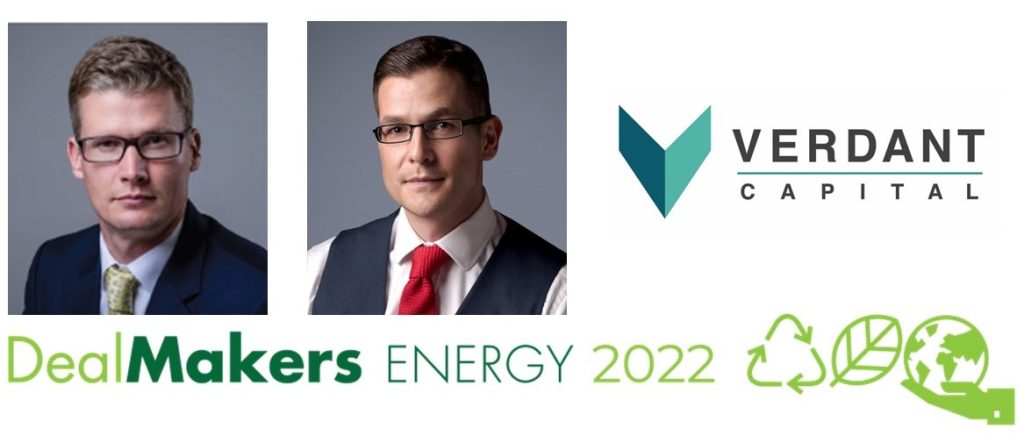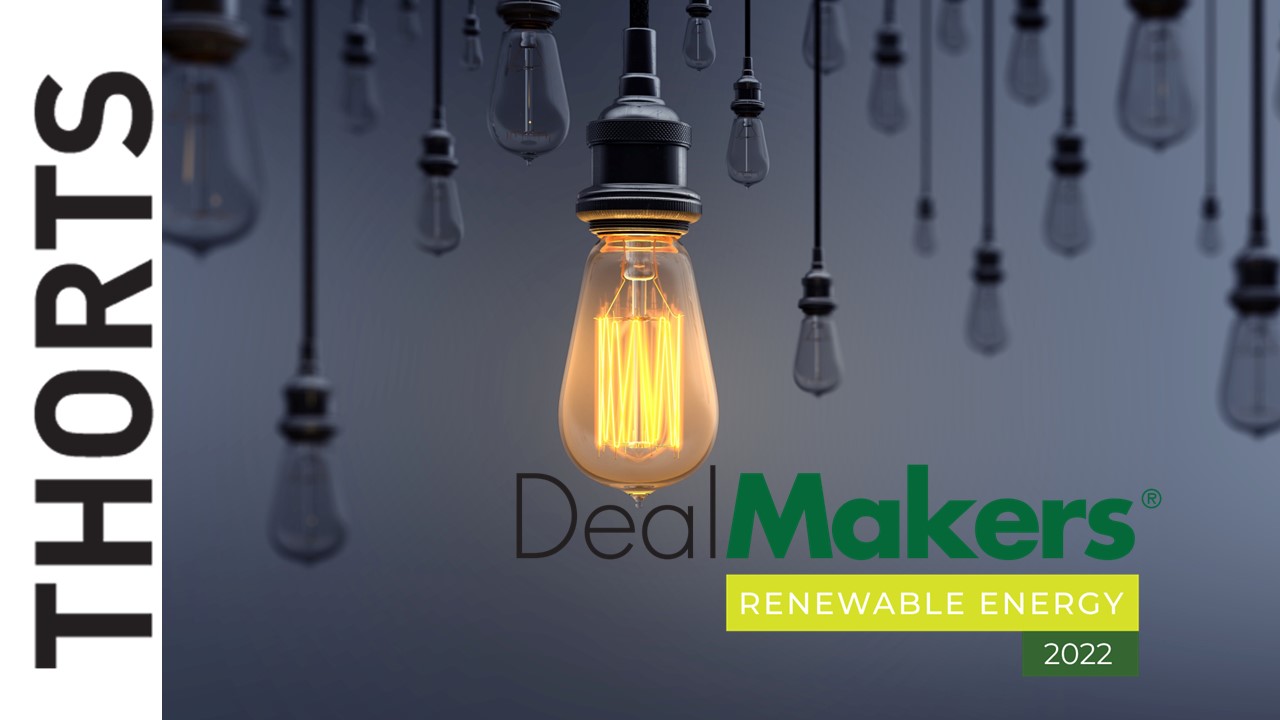The importance of global decarbonisation and a sustainable planet is foremost; however, Africa’s journey to achieving net zero highlights the risk of further differentiating economic winners and losers. Individual countries, including the one-third of African nations that depend on fossil fuel commodities for state revenue, foreign currency receipts and local economic activity, have limited ability to influence the profound changes to the global energy market.
To achieve the targets set by the Paris Agreement requires a shift in the global economy, which implies that a third of Africa’s current oil reserves, half the current natural gas reserves, and 90% of current coal reserves shall remain in the ground. These fossil fuel resources “stranded” by the necessary changes to global energy consumption have a total value of US$6,7tn at today’s prices. Other important sectors in Southern Africa face indirect impacts; for example, the platinum sector, given the importance of catalytic converters related to internal combustion engines in the overall demand for the metal. Political discourse regarding a “just transition” risks overstating the negotiating power actually possessed by policy makers on the continent. For example, fossil fuel exporting countries cannot compel other countries to continue to accept such imports.
COVID-19 has further seen governments reprioritising budgets towards funding emergency health services and economic stimulus, and away from funding the expansion and improvement of electricity-generating infrastructure. It is estimated that it would cost Africa c. US$2,8tn to reach a net-zero energy mix by 2050, translating to roughly US$40 to $100bn investment per annum for Africa to meet its SDG 7 (Sustainable Development Goal Number Seven – Affordable and Clean Energy) targets. In contrast, estimated investment in power in Africa in 2019 was just US$17bn.
The requisite investments are unaffordable for many African economies, and increased reliance on international finance will be needed if progress is to be made. Furthermore, the cost of finance and perceived investment risk is higher for African countries than for developed economies – despite vast improvement in stability and governance.
It is important to note that there are also many positives to the energy transition and the development of the new associated technologies for African economies. Thermal power generation technologies are associated with very significant minimum efficient scale, implying centralised product of energy and complex transmission and distribution systems. In most African economies (like in many countries elsewhere in the world), power generation and distribution is owned by state-owned enterprises which, in many cases, have failed to run these systems efficiently on behalf of the public. Eskom in South Africa is a case in point. In contrast, solar PV technology can be operated efficiently at a much smaller scale, enabling individual corporations and businesses, and even families, to generate their own power in whole or material extent. As such, solar technology and the transition away from carbon is facilitating the “decentralisation” or even “democratisation” of power supply.
Additionally, many of the metals required for battery production, including vanadium, manganese, nickel, cobalt and lithium, are vastly available across the continent. The market for these metals is expected to see rapid growth in the coming years and will be driven by increased demand for electric vehicles, smartphones and off-grid energy storage. In fact, the DRC was once dubbed the “Saudi Arabia of the solar era”. The challenge for developers of these resources in Africa is likely to be the development and operation of complex benefaction assets, rather than the quality of the underlying resources.
According to the United Nations Economic Commission, there are several key drivers for an accelerated African renewable energy transition:
- Africa’s energy demand is rapidly growing: Population growth, expanding middle class, industrialisation, urbanisation, trade and economic growth.
- Wide recognition in the international finance community that Africa’s energy gap needs to be addressed.
- Africa is endowed with an abundance and quality of renewable energy resources: Independent power producer tenders across the continent yield some of the cheapest tariffs globally. As an example, the World Bank/IFC Scaling Solar Project in Zambia saw tariffs of US$0.06 per kWh.
Verdant Capital has advised on renewable energy transactions across the value chain, embedding itself to tackle the core challenges entrenched in Africa’s energy transition. In South Africa, where, for good reasons and bad, uptake of solar infrastructure has been faster than the rest of the continent, Verdant Capital advised on a multi-hundred million rand acquisition in the battery sector, subject to Competition Commission approval.
Other countries in Southern Africa, which are less affluent than South Africa, have experienced a growth in the demand for Pico-solar products. Pico-solar systems are smaller and more affordable than their traditional solar counterparts, and have the power to provide useful amounts of electricity to charge the increasing number of low power consuming appliances from mobile phones and e-readers to LED lights. Picosolar has the power to light up millions of homes in the same way that the mobile phone has connected and empowered communities across the continent. Further, it offers an affordable means to the energy transition, incorporating the needs of lower income households and allowing for wider market reach across rural, periurban and urbanised cities. Verdant Capital’s Hybrid Fund, following its first close in December 2021, is currently finalising a US$15m investment in a leading PAYGO business in Southern Africa, assisting the firm to bridge its capital needs between inventory shortfalls and escalating market demand for Pico-solar products in the region. In West Africa, where many countries are experiencing recurring electricity outages and blackouts, with such bottlenecks costing two to four percent of annual GDP, Verdant Capital has performed financial advisory work, enabling downstream economic integration in both the off-grid commercial markets and smaller scale solar product adoption channels.
The energy transition imposes painful challenges on the economies of Africa, as it does to economies around the world. Different economies – mature versus developing, energy exporting vs energy importing – face different types of challenges and opportunities.
Climate change is real. Whether or not all economies will achieve the 2050 net zero targets remains a subject of debate, but it is undeniable that the global energy sector is changing profoundly, and will continue to do so, with significant impact on African economies. These changes imply the decline of sectors important to many economies in our region, with potentially important and painful impacts on unemployment and social cohesion. However, these changes also create new opportunities, including new extractive industries’, mining and processing of “green minerals”, reduced dependence on grid power and the associated SOEs, and new businesses’ manufacture, assembly, and installation of these renewable energy assets, large and small. Economic transition creates opportunities for entrepreneurs, large corporations, financiers and dealmakers across the board.
Sources: PwC, Africa Energy Review 2021; World Bank; IRENA
Edmund Higenbottam is Managing Director and Dusan Bozic an Associate | Verdant Capital

This article first appeared in the DealMakers’ Renewable Energy 2022 Feature
DealMakers is SA’s M&A publication
www.dealmakerssouthafrica.com




